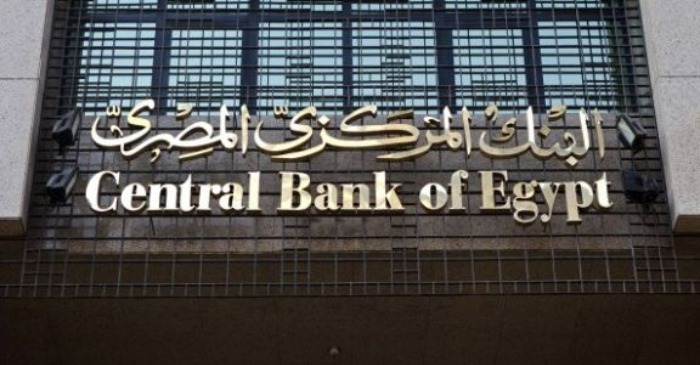Egypt's central bank cut its key interest rates by a further 150 basis points and said the "pace and magnitude of future policy adjustments will continue to be subject to confirmation that inflation expectations are anchored at target levels that are consistent with disinflation and price stability over the medium term."
The Central Bank of Egypt (CBE) cut its overnight deposit rate, the overnight lending rate, the rate on its main operation and the discount rate by 150 basis points each to 14.25 percent 15.25 percent, 14.75 percent and 14.75 percent, respectively.
CBE has now cut its key rates by a total of 250 basis points this year following a cut in February and by a total of 450 basis points since February 2018 when it shifted into an easing cycle in response to slowing inflation following a surge after the exchange rate of the pound was floated in November 2016 as part of an agreement with the International Monetary Fund (IMF).
"As incoming data continued to confirm the moderation of underlying inflationary pressures, the MPC (monetary policy committee) decided to cut the policy rates by 150 basis points," CBE said, adding this was consistent with its aim of lowering inflation to its target of 9.0 percent, plus/minus 3 percentage points by the fourth quarter of 2020.
Egypt's inflation rate fell to 8.7 percent in July from 9.4 percent in June and 14.1 percent in May but the central bank cautioned the path for future policy rates is based on inflation expectations rather than current inflation rates and future rate changes are based on confirmation that inflation expectations are anchored to its target level.
The larger-than-expected drop in July inflation to the lowest rate in almost four years surprised analysts who had expected inflation to rise following a cut to subsidies that pushed up fuel prices. But it also ignited expectations the central bank would cut its rates by at least 100 basis points today.
CBE said the fall in inflation was supported by a containment of inflationary pressures and by favorable base effects as the recent fiscal consolidation measures were weaker than in the previous year.
Egypt's economy is estimated to have expanded by 5.7 percent in the second quarter of this year, up from 5.6 percent in the first quarter, and by 5.6 percent in fiscal 2018/19, the highest rate in 11 years while unemployment is continuing to declined.





































